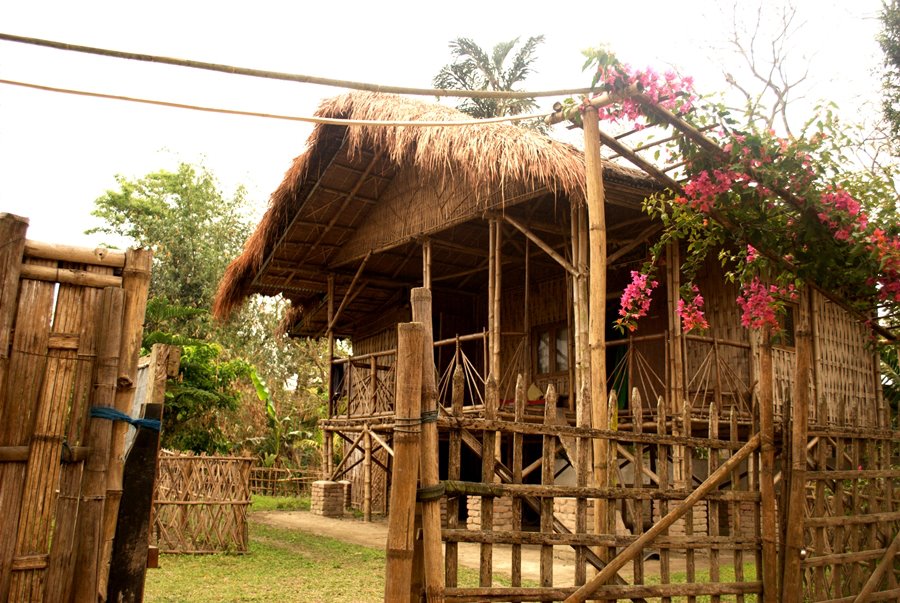
The pilot phase of this project started in June 2008 and completed in March 2011. Ten villages of the East Siang District of Arunachal Pradesh were selected for the pilot. A baseline survey conducted during the initial phase of the pilot helped in designing the project according to the identified needs and aspirations of the community.
With the inauguration of the project, ten e-village centres were set up, which were equipped with computer, printer, scanner, wireless Internet connection (EVDO) and DTH (Direct-to-home) TV and provide printing, scanning and internet facilties to the villages. A mini library, having technical publications in agriculture and allied sectors, was also established to facilitate e-knowledge in agriculture among the community.
The project has been successful in creating e-literacy and in building capacity of the community to use ICT for improving their livelihood and education. During its pilot, 54 training programmes were conducted that benefited 1640 farmers in obtaining advanced information on agriculture sector. Seven community e-awareness programmes conducted through e-village centres also benefited more than 800 students. Various documents with multimedia components on new technology and innovations in agriculture are made available to the community to facilitate adoption of modern techniques and to build their entrepreneurial skills. This project also helped in disseminating multilingual content of India Development Gateway (InDG) portal that related to agriculture, health, primary education, rural energy, e-Governance and social welfare.
The success of the project indicated a strong case for replication in various remote areas of India. Although the pilot of the project is over, scale up proposal has already been submitted to the Department of Electronics and Information Technology, Ministry of Communications & Information Technology, through C-DAC for approval.






